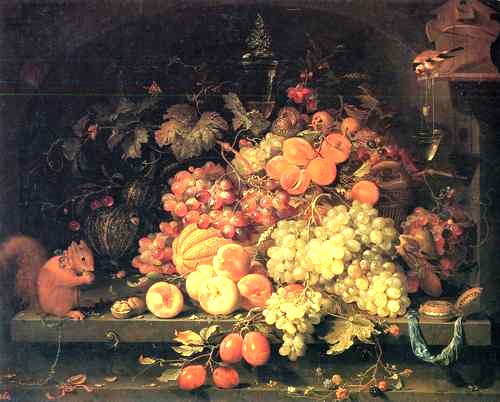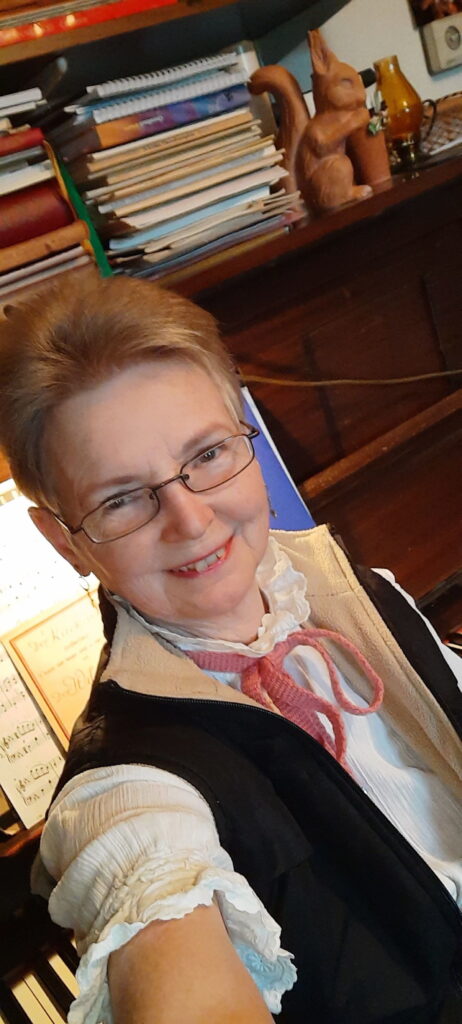Page still under construction!
Facts and Figures to astound you
Statistics vary, of course, but this is a rough guide to put you in the picture:
– The Oxford English Dictionary (about 12 volumes) lists over 414,825 English words; about 200,000 are in current use
– German has a vocabulary of about 184,000 words
– French has a vocabulary of about 100,000 words
– English also contains many words of Anglo-Saxon, Greek, Latin and French origin
– Shakespeare had a written vocabulary of about 30,000 words (so did James Joyce)
– If you know 20,000 English words, this is considered good; 10,000 is average for a native speaker.
Phrasal Verbs – Verfasser unbekannt
„Lovers of the English language may enjoy this. It is yet another example of why people learning English have trouble with the language. Learning the nuances of English makes it a difficult language.
There is a two-letter word in English that perhaps has more meanings than any other two-letter word, and that word is ‚UP‘.It is listed in the dictionary as being used as an [adv], [prep ], [adj], [n] or [v].
It’s easy to understand UP, meaning toward the sky or at the top of the list, but when we awaken in the morning, why do we wake UP?
At a meeting, why does a topic come UP?
Why do we speak UP, and why are the officers UP for election and why is it UP to the secretary to write UP a report?
We call UP our friends and we use it to brighten UP a room, polish UP the silver, we warm UP the leftovers and clean UP the kitchen.
We lock UP the house and some guys fix UP the old car.
At other times the little word has a real special meaning. People stir UP trouble, line UP for tickets, work UP an appetite, and think UP excuses.
To be dressed is one thing but to be dressed UP is special.
And this UP is confusing: A drain must be opened UP because it is stopped UP.
We open UP a store in the morning but we close it UP at night.
We seem to be pretty mixed UP about UP! be knowledgeable about the proper uses of UP, look the word UP in the dictionary.
In a desk-sized dictionary, it takes UP almost 1/4 of the page and can add UP to about thirty definitions.
If you are UP to it, you might try building UP a list of the many ways UP is used.
It will take UP a lot of your time, but if you don’t give UP, you may wind UP with a hundred or more.
When it threatens to rain, we say it is clouding UP. When the sun comes out we say it is clearing UP. When it rains, it wets UP the earth. When it does not rain for a while, things dry UP.
One could go on & on, but I’ll wrap it UP, for now … my time is UP, so time to shut UP!
Now I’ll shut UP.“
Leseübung – Verfasser unbekannt
„Don’t delete this just because it looks weird. Believe it or not, you can read it:
I cdnuolt blveiee taht I cluod aulaclty uesdnatnrd waht I was rdanieg. The phaonmneal pweor of the hmuan mnid! Aoccdrnig to rscheearch at Cmabrigde Uinervtisy, it deosn’t mttaer in waht oredr the ltteers in a wrod are, the olny iprmoatnt tihng is taht the frist and lsat ltteer be in the rghit pclae. The rset can be a taotl mses and you can sitll raed it wouthit a porbelm. Tihs is bcuseae the huamn mnid deos not raed ervey lteter by istlef, but the wrod as a wlohe. Amzanig huh?“
P.S. This is to demonstrate the power of the human brain … but only AFTER you have learnt your vocabulary and practised your spelling! Don’t try to give me texts like this for your homework 😉

Abraham Mignon: Früchtestillleben mit Eichhörnchen und Stieglitz
